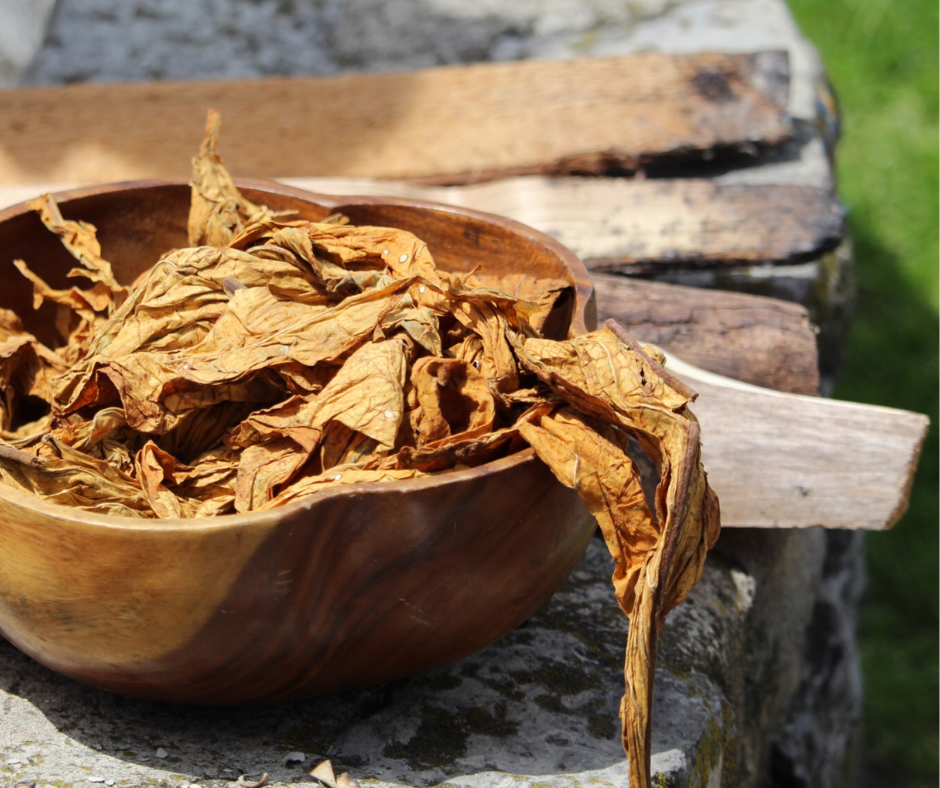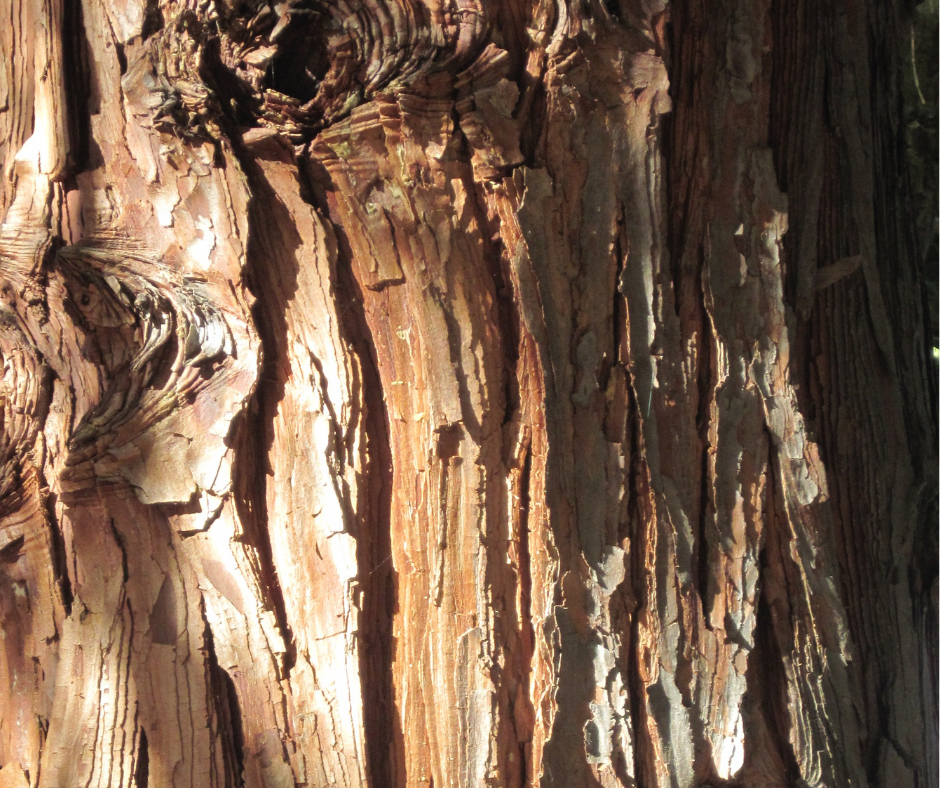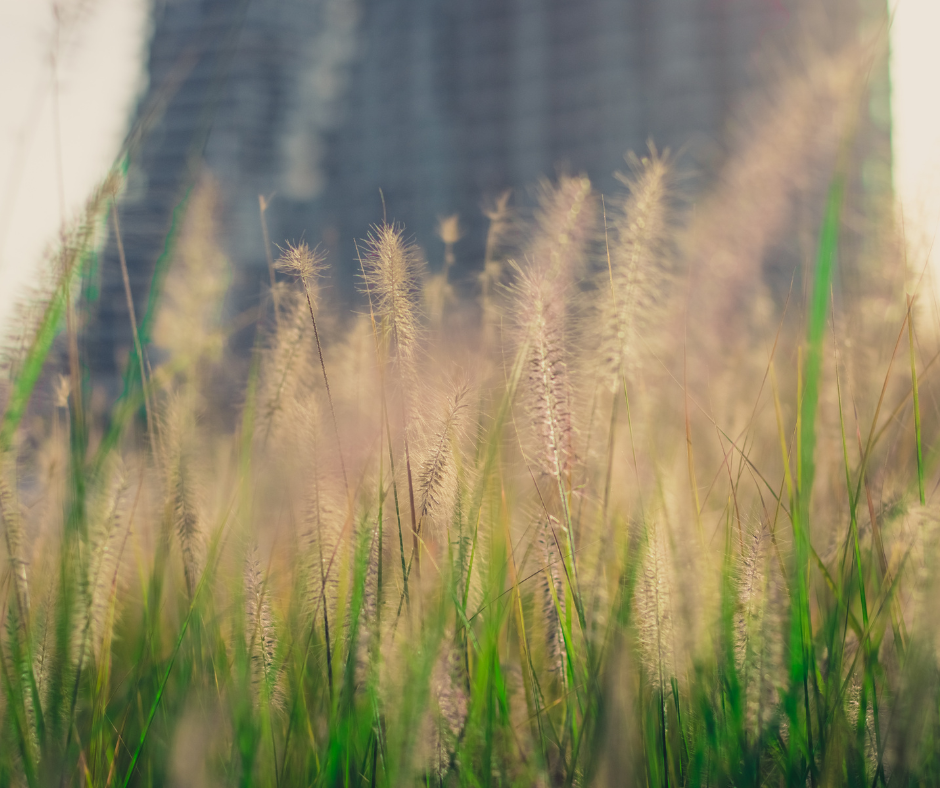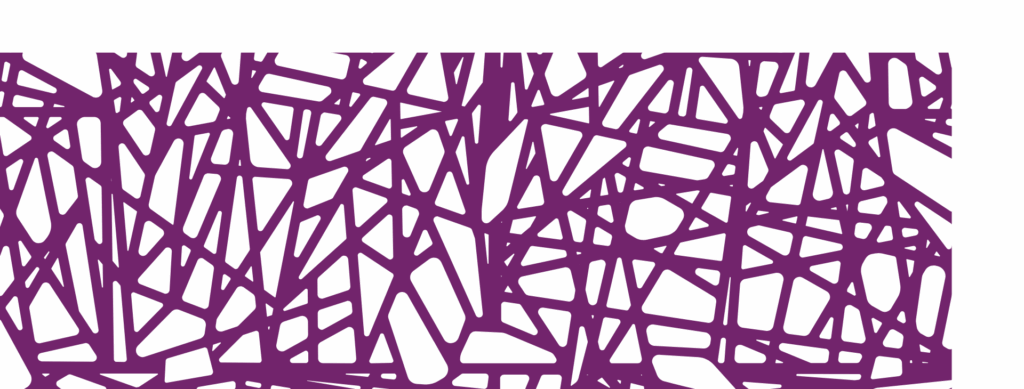What to do in Baawaating
Culture
Four Medicines
Tobacco, Cedar, Sage, and Sweetgrass, hold deep spiritual and cultural significance for the Anishinaabe people. These medicines are central to our ceremonies, teachings, and ways of life, helping us maintain balance, connection, and respect for all living things. Each of these medicines plays a role in guiding us to live in a good way, with humility, love, and respect for all our relations.

Tobacco
Tobacco is considered the first medicine and is used to give thanks and offer prayers; it carries our thoughts to the spirit world.

Sage
Sage is used for cleansing the body, mind, and spirit, and is often burned to purify spaces.

Cedar
Cedar offers protection and is used in ceremonies, teas, and for cleansing, especially during the winter months.

Sweetgrass
Sweetgrass represents kindness and is braided to symbolize strength in unity; its sweet scent invites positive energies and reminds us to walk gently on the earth.
7 Grandfather Teachings
Humility (Dbaadendiziwin)
Represented by the wolf, it teaches the importance of being humble and recognizing one’s place in the world.
Bravery (Aakwa’ode’ewin)
Represented by the bear, it emphasizes the courage to face challenges and stand up for what is right.
Honesty (Gwekwaadziwin)
Represented by the raven or the sabe, it highlights the value of being truthful in all aspects of life.
Wisdom (Nbwaakaawin)
Represented by the beaver, it signifies the importance of using knowledge wisely for survival and decision-making.
Truth (Debwewin)
Represented by the turtle. It teaches the significance of being truthful to oneself and others.
Respect (Mnaadendimowin)
Represented by the buffalo. It emphasizes the need to respect all living things and the environment.
Love (Zaagidwin)
Represented by the eagle. It represents the importance of love and compassion in relationships with others and oneself.
Newcomers Guide to Baawaating
A Welcome to Baawaating: An Indigenous Guide for Newcomers
Boozhoo. Welcome to Baawaating.
Before anything else, we want to say: You are welcome here. You are now living on the traditional territory of the Anishinaabe people, specifically the Ojibwe of Baawaating, also known as Sault Ste. Marie. In our language, Baawaating means “the place of the rapids,” where the powerful waters connect the Great Lakes and the people who live beside them.
We have been here since time immemorial—long before Canada was formed—and we are still here. Our teachings guide us to live in balance with the land, the water, the animals, and each other. As you begin your life here, we offer this guide from our hearts to yours.
Respect the Land and the Waters
In our way of life, everything is connected—the land, the air, the water, and all living beings. These are not resources; they are relatives. The land provides for us, and we give back through care and ceremony. We encourage you to take time to walk gently on this land, learn its names, and understand its gifts. The St. Marys River, the forests, and the stars above us all carry knowledge.
Our Teachings Are Shared Through Stories
We learn through oral tradition—listening to Elders, storytellers, and Knowledge Keepers. Every story carries a teaching about how to live in a good way, with respect, courage, love, humility, honesty, truth, and wisdom. These are the Seven Grandfather Teachings, values we live by. You don’t need to be Indigenous to follow these values. We hope you carry them too.
Learn Whose Land You Are On
Canada is made up of many Indigenous Nations—each with its own language, laws, and ways of life. Here in Baawaating, you are on Robinson Huron Treaty territory, and the people of Garden River First Nation and Batchewana First Nation are caretakers of this land. Learn about the treaty signed here in 1850. It’s not just history—it’s a living agreement that still matters today.
We Are Still Here
Despite colonization, residential schools, and many injustices, we are still here, still practicing our ceremonies, speaking our language, raising our children in our ways. You may see us at powwows, in schools, in health centres, and in leadership. We invite you to learn from us—but not to take from us. Always ask first, and listen with an open heart.
Walk Beside Us, Not Ahead
We welcome friendship and solidarity. If you are new to this land, you may be learning the history of Indigenous peoples for the first time. That’s okay. What matters is that you listen, reflect, and carry this truth with you.
Miigwech. Thank you.
As you begin your life here, we hope you will take time to understand where you are, not just geographically—but spiritually and historically. Baawaating is not just a city—it is a sacred gathering place. We invite you to walk beside us, with humility and curiosity.
Baamaapii
Anishnaabemowin Word of the Week
Kaitlyn Neveu is my name
Kaitlyn Neveu ndizhinikaaz (n-dizh-in-e- kaz)
Baawaating is where I am from
Ndonjibaa (N doon je baa)
It is foggy
Awan (A-waan)
It is raining
Gimiwan (Gi-mi-wun)
That is a bears den
Makwa waanzh iye (Maa-k-wa waa-nzh iye)
Freezing Moon
Baashkaakodin-giizis (Baash-kaa-kodin gee-zis)
It is Halloween Day
Waasiingwaagani-giizhigad (Waa-seen-g-waa-gani gee-ze-gad)
There are brown or yellow leaves
Ozaawibagaa (Oo-zaa-we-bu-gaa)
I go camping by the lake
N’gabesh Jiigabiig (N-ga-bay-sh Jee-ga-beeg)
Good Morning
Mino Gezheb (Me-no geh-zeb)
It is a good day
Mino Giizhigad (Me-no Ge-ze-gad)
Indigenous Peoples Day
Anishnaabe Giizhigad (A-nish-naa-be Gee-zeh-gad)
In summer it is hot
Niibing Zhaatemagad (Nee-bin-g shaa-te-ma-gad)
I go camping by the lake
N’gabesh Jiigabiig (N-ga-bay-sh Jee-ga-beeg)
Berry moon
Miin Giizis (Mee-n Gee-zis)
It is a beautiful night
Mino-Dibikan (Me-no Di-bik-kun)
Lets swim!
Bagizodaa (Ba-ge-zo-da)
She’s reading
Gindaasa (Gen- da-sa)
More
Nawaj (Na-wa-j)
Protect the path/trail
Mzhaawagan gananwedam (M-zaa-wa-gan ga-nan-we-dam)
Sit down
Madabin (Ma-da-bin)
Place of the Rapids
Baawating (baa-wa-ting)
School
Gikinoo amaadiiwigamig (Ge-Ke-noo a-maa-dee-we-ga-mig)
Every Child is Cherished and Special
Gichi apiidendaagoziwag gakina abiinoojiiyag (Ge-che apee-den-daa-goozi-wag guke-na abee-noo-jee-yag)
It is raining
Gimiwan (Gi-mi-wun)
Happy holiday
Odaminowi-giizhigad (O-daa-meh-noo-weh Gee-zhee-gawd)
It is cold
Gisinaa (gi-si-naa)
